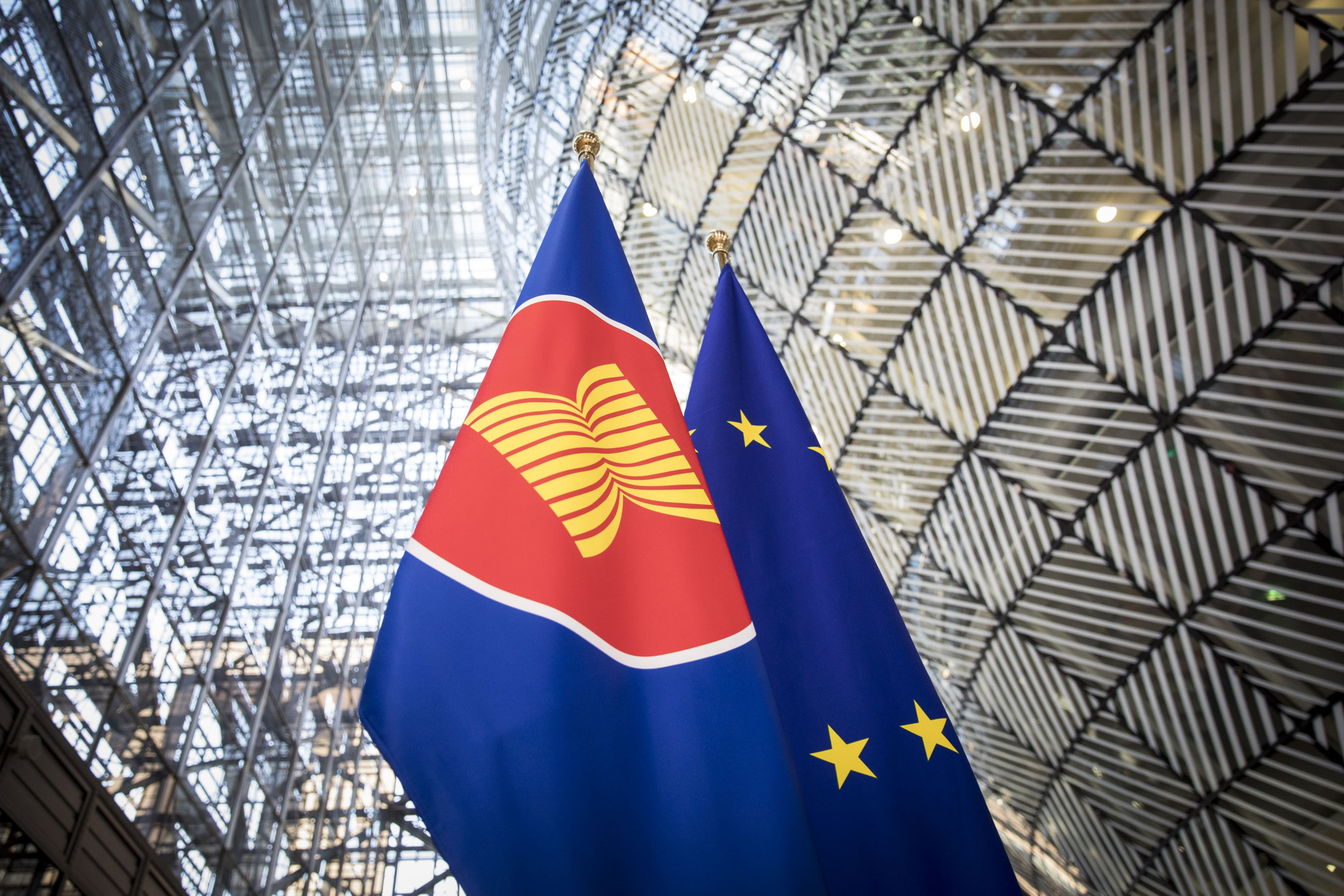A summit with an unprecedented format between the two blocks is scheduled for December to discuss trade cooperation and supply chains
Editorial by Lorenzo Lamperti
War in Ukraine, Asia-Pacific tensions, inflation and energy dilemma. The shadows over the near future worry many, and multilateral cooperation becomes even more urgent. The European Union and ASEAN have demonstrated many times before that they understand this need and are now moving to accelerate bilateral cooperation. In this spirit, a summit of national leaders from the two blocs was held for the first time on Dec. 14 to discuss trade expansion and infrastructure assistance. Previous summits between the two groups have been attended by heads and senior officials of the EU executive body, but this time the heads of state and national leaders of ASEAN and EU countries will be directly involved. It signals a desire to ensure greater political alignment, in addition to existing economic and trade alignment. The goal is to develop and secure global supply chains threatened by the economic and geopolitical turmoil of recent months. Europe will encourage Southeast Asia to play a central role in the West's supply chain, based on the idea of "friend-shoring" between nations with shared values. In return it should offer infrastructure aid and economic cooperation agreements. Perhaps by pursuing negotiations for new free trade agreements with ASEAN member countries. Agreements are already in place with Singapore and Vietnam but efforts are also being made to accelerate with Indonesia, the Philippines, Malaysia and Thailand. An expanded free trade network would diversify supply chains and reduce dependence on energy resources from other countries such as Russia. In 2021, the EU and ASEAN traded $250 billion worth of goods, but the room for improvement is still wide. No later than Aug. 4, EU High Representative for Foreign Affairs and Security Policy Josep Borrell reiterated his commitment to deepening relations with the ASEAN region. A need increasingly clear to the governments of the various European countries, which like those of their Asian counterparts have no intention of returning to a world divided into blocks.






